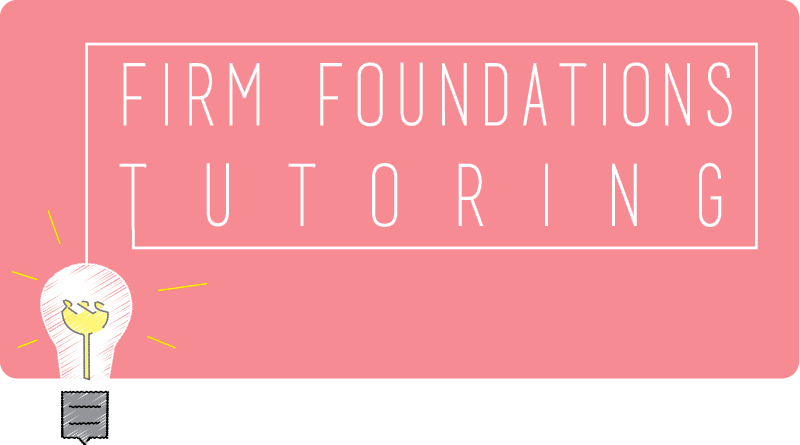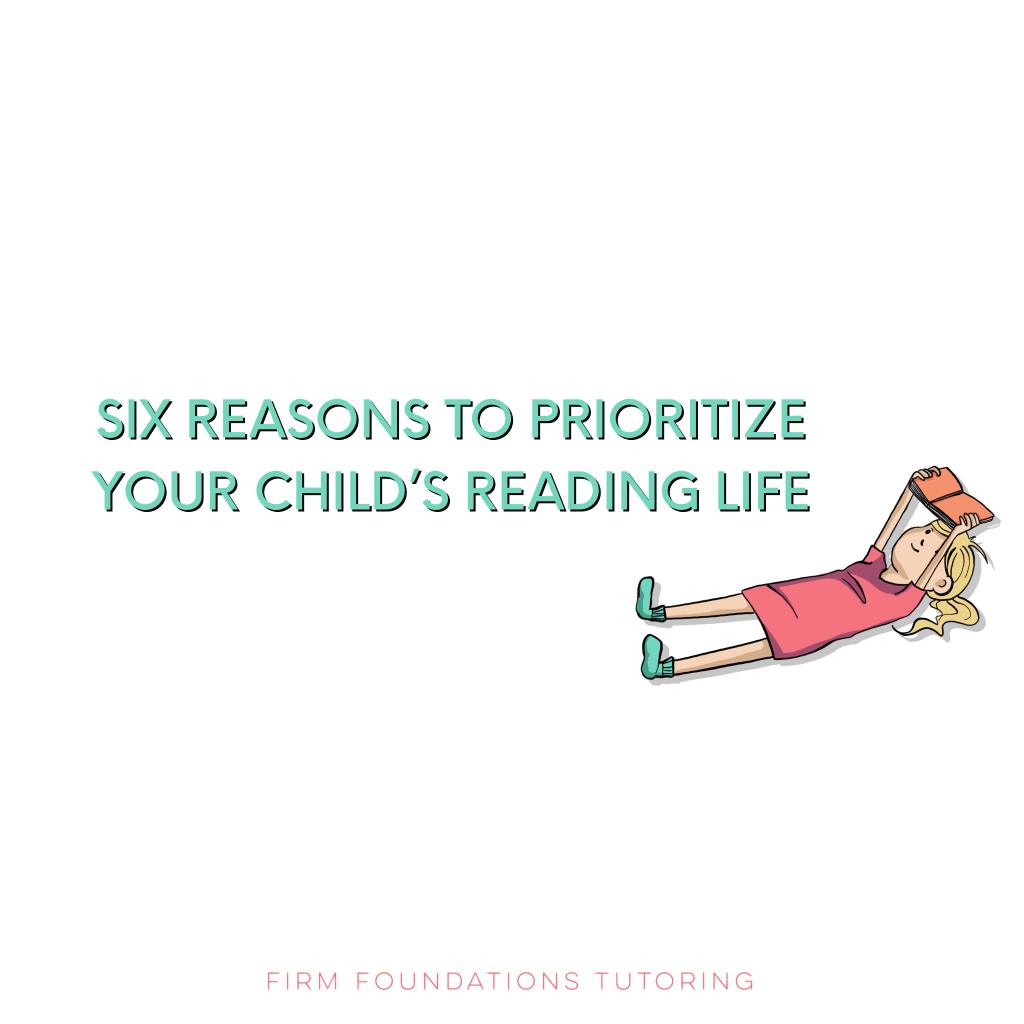What if I offered you a magical potion that would transform your child’s education? What if it could boost her standardized test scores, sharpen her critical thinking, raise her grades in every class, cultivate her character, and even strengthen your relationship with her? But wait, it gets even better: This magic potion is absolutely free.
You’d probably laugh! It sounds too good to be true, doesn’t it? But it’s true!
Reading—lots and lots of reading—is the magic that can revolutionize your child’s education. Whether your child is an infant or a high-school senior, whether she is in public, private, or home school, increasing her exposure to books will have long-lasting benefits. Consider these six benefits:

Reading to young children gives them a head-start in school.
Reading aloud to your child is a delightful, relational activity that yields concrete academic benefits. In fact, reading to her at home is the best way for you to prepare her to read independently.1 And interacting with your child as you read to her—pointing to the words and letters, asking questions about the story and pictures—prepares her for the learning that takes place in a school setting.
So grab a picture book, snuggle up with your little one, enjoy a story together, and—voila!—she’s well on her way to thriving at school!

Read-aloud time in grade school makes a big difference in standardized test scores.
Research suggests that when you add just one more read-aloud session per week to your child’s routine, her standardized test scores improve significantly—as much as 15-30 percent.2 So as you laugh together over Roald Dahl’s Matilda, and cheer together for the little mouse in Kate DiCamillo’s The Tale of Despereaux, and explore the magical world of C.S. Lewis’s Narnia together, you’re also strengthening her mind.

Reading for 30 minutes per day builds a massive vocabulary.
Students who read more than 30 minutes per day will learn almost 14,000 words by the time they graduate high school, while students who read less than 15 minutes per day will learn about 2,000.3 Yes, you read that correctly: a difference of about 12,000 words.
Although those numbers are impressive, this is not about your child knowing a bunch of big words. It’s so much more than that: a large vocabulary will bolster her reading comprehension, and as her reading comprehension improves, so will her critical thinking skills—and everything requires critical thinking. From science to math to history, her reading creates a ripple effect that will touch every subject she studies.

Reading enriches background knowledge, and background knowledge is necessary for learning.
Students who have exposure to many books—through read-alouds and personal reading—have a deep pool of knowledge about all kinds of things: the ocean, birds, Nigeria, the Civil War, cooking, tornados, Greek mythology, etc. Whatever they encounter in books adds to their growing collection of background knowledge.
If a child’s background knowledge is rich, she will be able to comprehend what her teachers and textbooks communicate—her background knowledge enables her to make sense of classroom material. If her background knowledge is shallow, learning will be much more challenging.4

Reading stories strengthens character.
Beyond good grades or stronger standardized test scores, we want our children to become caring adults who live with integrity and kindness. In good stories, your child will meet characters who exemplify courage, compassion, loyalty, love, sacrifice, to name only a few.
These characters will act as her guide through imaginary adventures, challenges, and choices. She will tag along as they fail and succeed, and their paths will shape her understanding of how the world works, and what her place in it might be.5 Of course, not all books provide positive role models. I’ll make a suggestion for how to approach this in the next point.

Reading can open up deep conversations with your child.
For every book that offers your child models of virtue, there are many that don’t. This is particularly relevant for kids old enough to read chapter books on their own. As you seek to discern how to protect and nurture your child’s mind and heart, there will surely be books you restrict.
But your child can benefit from reading books that don’t mirror your values if you are intentional about discussing those books with her. Help her think through the situations, choices, and characters in the stories she’s reading by asking open-ended questions: Which characters remind her of people she knows? Are there any characters she wants to be like? Did anything in the book make her scared? Nervous? Excited? Confused? Such questions offer glimpses into your child’s thoughts and a segue way into meaningful conversations.
I hope these six benefits of reading ignite your enthusiasm for your child’s reading life! Maybe you’re convinced about the benefits of reading, but your child approaches books like a plate of broccoli. If so, stay tuned for my next post, where I’ll offer practical tips for helping your child enjoy reading. Let’s try to turn that plate of broccoli into chocolate chip cookies!
~ Bethany
Bethany Bowen-Wefuan is a wife, mom, and teacher. After receiving her PhD in German Studies, she began teaching German at the University of North Carolina Wilmington. She loves teaching in the college classroom and loves being home with her son Simeon. When he’s napping, she’s either writing or reading.
References
1. Anderson, Richard C., Elfrieda H. Hiebert, Judith A. Scott, and Ian A. G. Wilkinson, Becoming a Nation of Readers: The Report of the Commission on Reading, (Champaign-Urbana, IL: Center for the Study of Reading, 1985): 23.
2. Mackenzie, Sarah, The Read-Aloud Family: Making Meaningful and Lasting Connections with your Kids, (Grand Rapids, MI: Zondervan, 2018): 63-64.
3. Renaissance Learning, What kids are reading: World’s largest annual study of K–12 reading habits: 2019 edition, (Wisconsin Rapids, WI): 23.
4. Trelease, Jim, The Read-Aloud Handbook, (New York, NY: Penguin Books, 2001) 10-11.
5. Prior, Karen Swallow, On Reading Well: Find the Good Life through Great Books, (Grand Rapids, MI: Brazos Press, 2018): 22.


Leave a comment